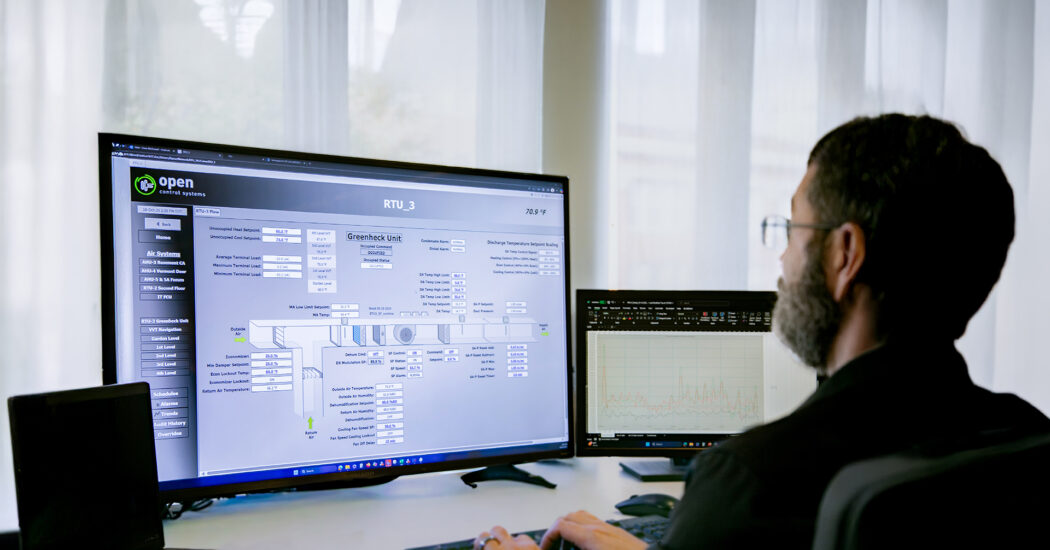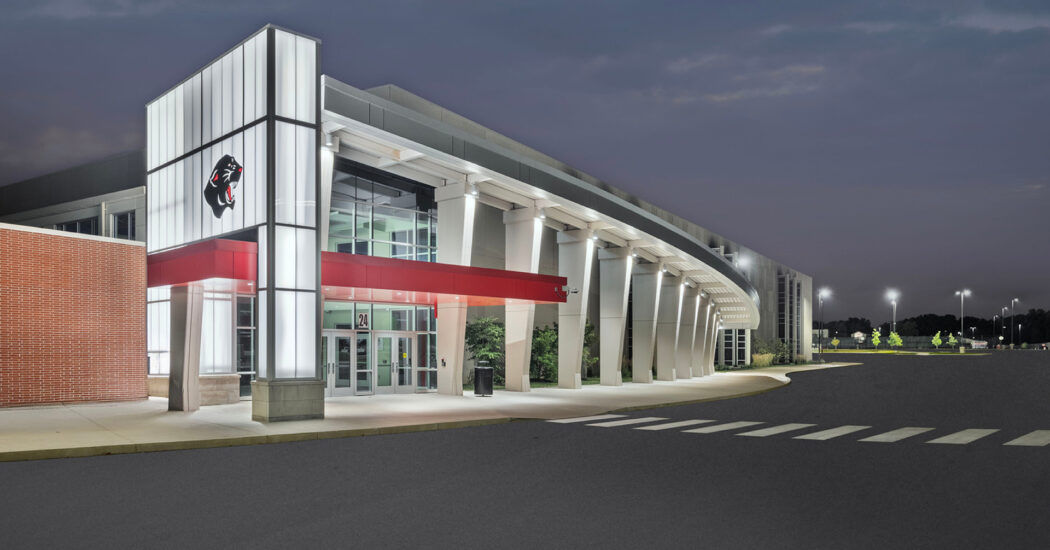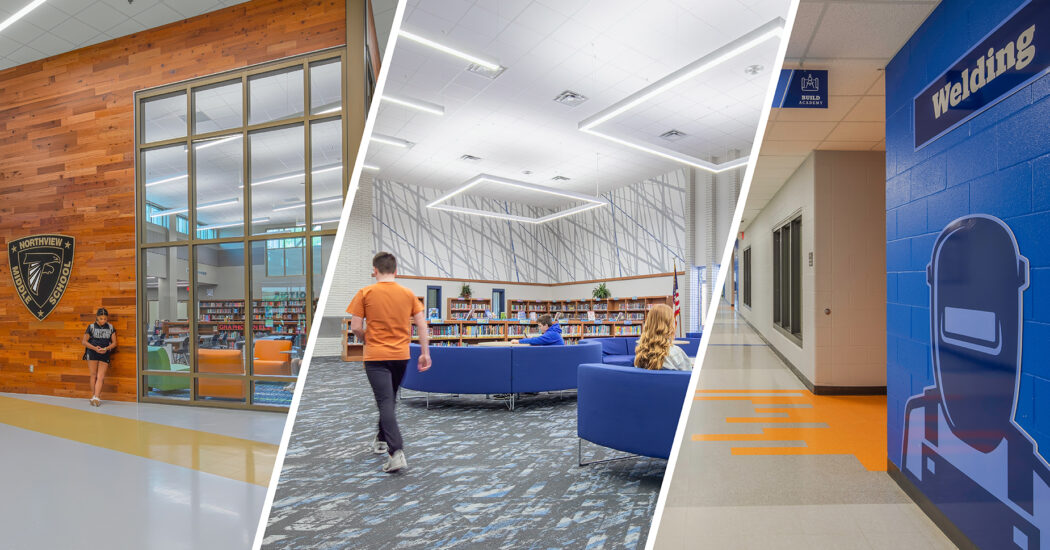Synthetic Turf—Not Just for Sports Fields Anymore
-
Category
Studio-K12 -
Posted By
Kyle Miller -
Posted On
Sep 25, 2014
Installing synthetic (artificial) turf for sports fields instead of natural turf is no longer just for the professional teams, large universities, or “rich” high schools. Over the past 10 years, there has been a shift from synthetic turf being a luxury item to an option that simply makes good sense. In fact, Lake Central High School will soon be one of the only (if not the only) Indiana public high schools with football, soccer, baseball, and softball all being played on synthetic turf. Other now-common sport-related uses for synthetic turf include indoor training facilities, golf greens, and tennis courts.
In addition to sports fields, there has been a serious push recently to use synthetic turf for playgrounds, pet parks, commercial lawns, residential lawns, and rooftop patios. Nevada and California have incentive programs that pay cash to property owners who replace their natural turf lawn with synthetic turf to reduce water usage.
While the biggest disadvantage of synthetic turf continues to be the upfront costs, there are many advantages compared to natural turf:
Much less maintenance and manpower requirements
• Unlimited use of fields with no “recovery” time following rain
• Superior and more consistent appearance
• More consistent playing conditions
• Safer than natural turf fields that are not properly maintained
• Backed with 8- to 10-year warranty
• Environmental advantages:
–Reduced water usage
–No need for herbicides, pesticides, or fertilizers
–Materials are recyclable
–Less need for gas-powered equipment
* Images are courtesy of the Synthetic Turf Counsel.













